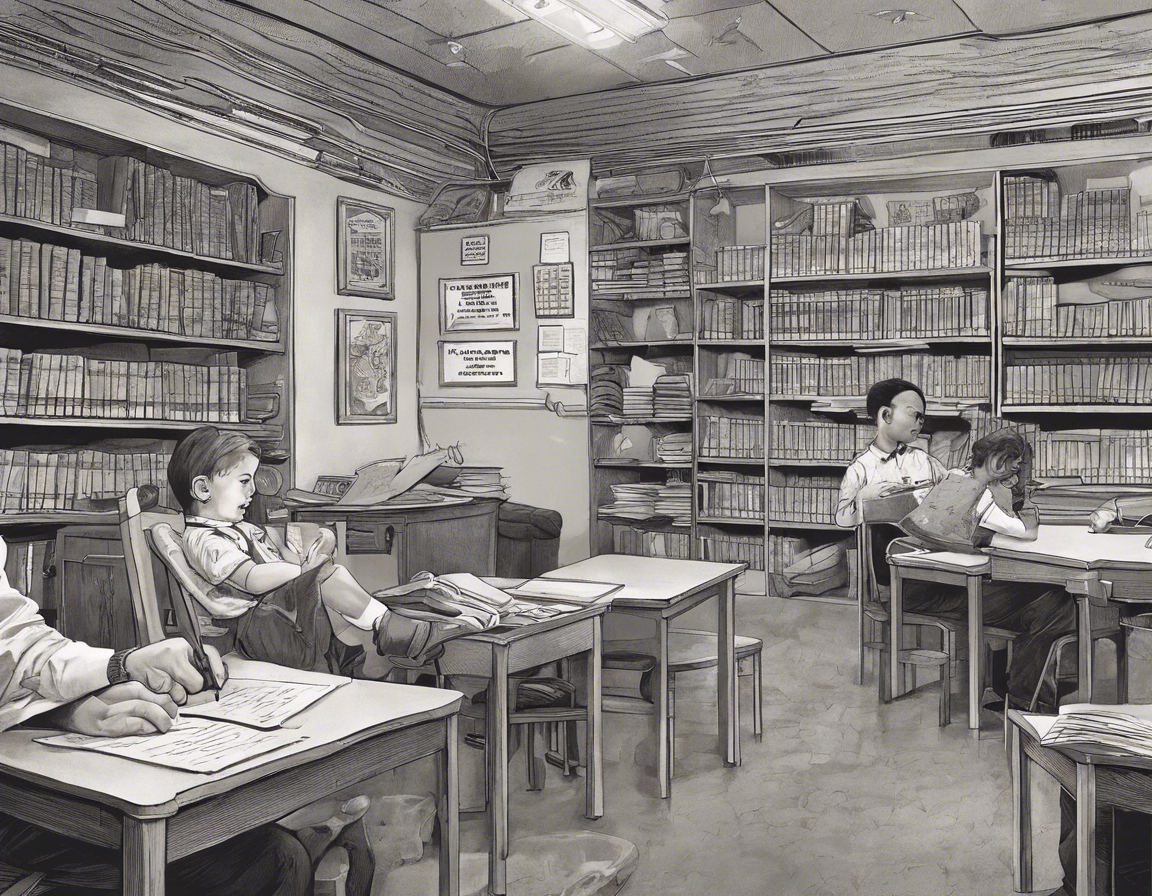The concept of "play is a serious business" has gained significant attention in recent years, shifting the perspective on the importance and value of
The concept of “play is a serious business” has gained significant attention in recent years, shifting the perspective on the importance and value of play in both educational and professional settings. While play is often associated with leisure and recreation, research has shown that it plays a crucial role in cognitive, emotional, and social development. In this article, we will explore the idea of play as a serious business, examining its benefits and implications in various spheres of life.
Understanding Play as a Serious Business
Defining Play
Play can be defined as any activity that is engaging, enjoyable, and voluntary. It is often characterized by a sense of fun, creativity, and imagination. Play can take many forms, including physical play, pretend play, creative play, and social play. It is considered a natural and innate behavior in humans, observed from early childhood through adulthood.
The Role of Play in Development
Play is not merely a pastime activity; it serves as a crucial mechanism for learning and growth. In children, play is essential for cognitive development, language acquisition, social skills development, and emotional regulation. Through play, children learn to explore, experiment, problem-solve, and collaborate with others. Play also stimulates creativity and imagination, fostering a sense of curiosity and innovation.
In adults, play remains important for maintaining mental and emotional well-being. Engaging in playful activities can reduce stress, improve mood, and enhance productivity. Moreover, play can stimulate critical thinking, teamwork, and communication skills in a work environment, leading to increased job satisfaction and performance.
The Benefits of Play
1. Cognitive Development
- Play enhances cognitive skills such as problem-solving, decision-making, and critical thinking.
- It fosters creativity and imaginative thinking.
- Play promotes brain development by creating new neural connections.
2. Emotional Well-being
- Play serves as an outlet for emotions and stress.
- It promotes self-expression and self-regulation.
- Play can boost self-esteem and confidence.
3. Social Skills
- Play facilitates social interaction and communication.
- It encourages collaboration and cooperation.
- Play teaches empathy and conflict resolution.
4. Physical Health
- Physical play contributes to gross motor skills development.
- It promotes exercise and physical fitness.
- Play helps in coordination and balance.
Implementing Play in Education and Work
1. Education
- Incorporate play-based learning in early childhood education.
- Use games and interactive activities to engage students.
- Encourage creativity and exploration in the learning process.
2. Work
- Introduce playful elements in the workplace to foster innovation and team collaboration.
- Organize team-building activities and games to boost morale and productivity.
- Create a playful work culture that values fun and creativity.
Frequently Asked Questions (FAQs)
1. How does play benefit children’s development?
Play benefits children’s development by promoting cognitive skills, emotional well-being, social skills, and physical health. It allows them to explore, learn, and interact with the world around them.
2. Can adults benefit from play?
Yes, adults can benefit from play as well. Engaging in playful activities can reduce stress, improve mood, enhance creativity, and foster a sense of connection with others.
3. How can play be incorporated into education?
Play can be incorporated into education through play-based learning approaches, interactive activities, and creative exploration. It can enhance student engagement, motivation, and retention of knowledge.
4. What role does play have in the workplace?
In the workplace, play can promote innovation, creativity, teamwork, and morale. Playful elements such as team-building activities, games, and a playful work culture can enhance job satisfaction and performance.
5. Is there a difference between play and leisure activities?
While play and leisure activities share similarities in being enjoyable and voluntary, play is often more structured and purposeful. Play typically involves elements of creativity, imagination, and learning, distinguishing it from passive leisure activities.
In conclusion, the concept of “play is a serious business” underscores the significance of play in human development and well-being. By recognizing the value of play in education, work, and daily life, we can harness its power to cultivate creativity, foster learning, and enhance overall quality of life. Embracing play as an essential aspect of our lives can lead to a more joyful, fulfilling, and productive existence.


COMMENTS